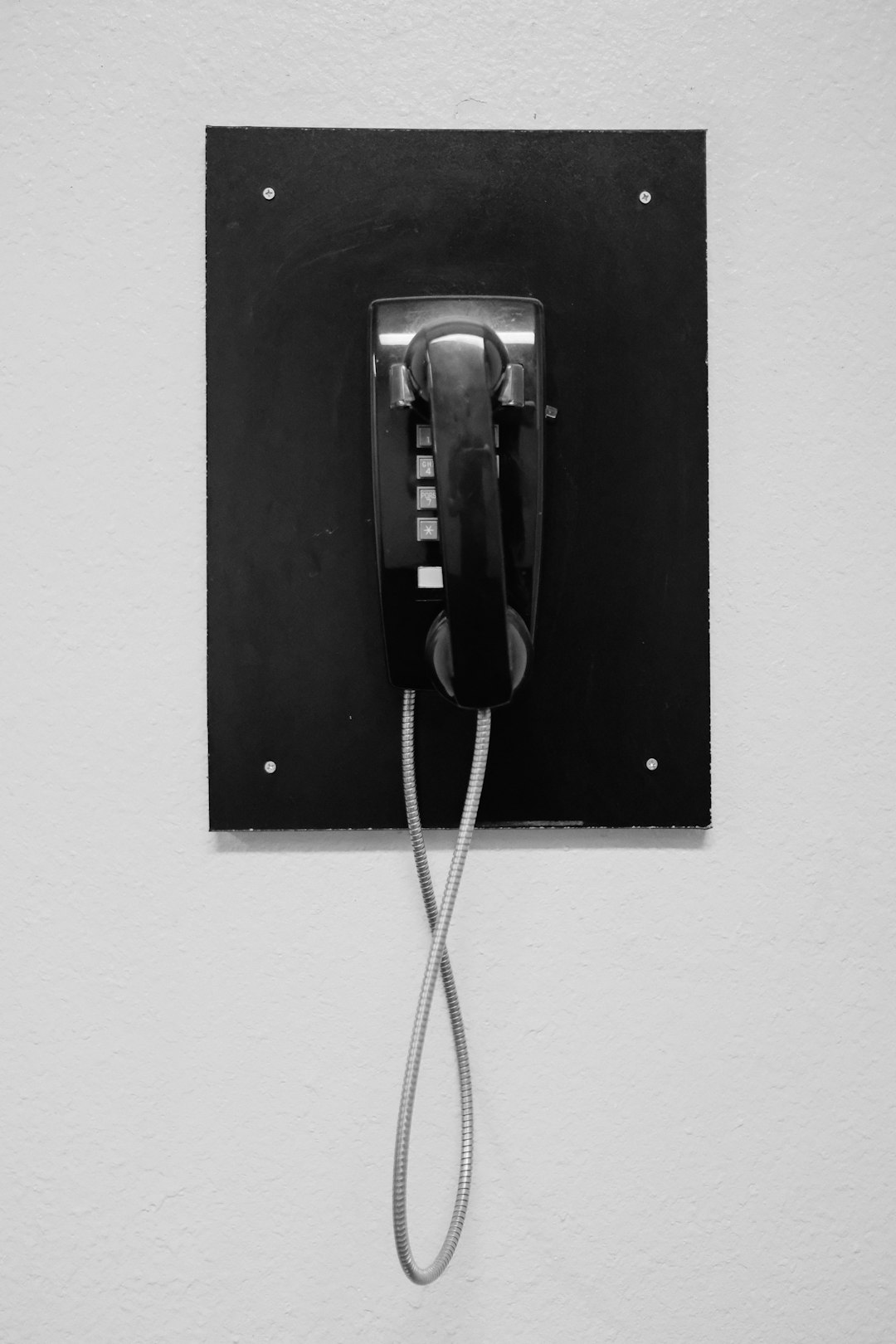In Georgia, debt collectors must adhere to strict state laws and federal guidelines, including the Fair Debt Collection Practices Act (FDCPA) and Georgia's Spam Call law firm regulations, to avoid aggressive or harassing collection practices. These rules limit call times, mandate identification and disclosure of debt details, and prohibit automated dialing or prerecorded messages without debtor consent. Violations can result in consumer complaints, legal action, fines, and potential loss of business operations for debt collectors, emphasizing the importance of compliance with Georgia's Spam Call law firm regulations to protect both debtors' rights and collector sustainability.
Navigating debt collection laws in Georgia can be challenging, but understanding your rights is crucial. This article serves as a comprehensive guide, breaking down Georgia’s debt collection regulations and the protections they offer. We explore when and how debt collectors can contact you, with a special focus on the state’s Spam Call laws. By understanding these rules, you can ensure your rights are respected and take action if violated. For expert advice tailored to Georgia’s legal landscape, consult a Spam Call law firm specializing in debt collection.
Understanding Georgia's Debt Collection Laws: Your Rights and Protections

In Georgia, debt collection practices are governed by state laws designed to protect consumers from aggressive or unfair tactics. Understanding your rights under these laws is crucial when dealing with debt collectors. The Fair Debt Collection Practices Act (FDCPA) sets federal guidelines that apply across states, including Georgia, and prohibits debt collectors from engaging in abusive, false, or deceptive practices. This means collectors cannot call you at unreasonable times, use harassing language, misrepresent the amount owed, or threaten legal action without intent to follow through.
Georgia’s Spam Call law firm regulations further safeguard consumers by limiting how often debt collectors can contact you. They must stop contacting you once you request it in writing. If a collector violates these rules, you have the right to file a complaint with the Georgia Attorney General’s Office and seek legal action against them. Knowing and asserting your rights under these laws is an essential step in navigating debt collection processes smoothly and ensuring your protection as a consumer in Georgia.
When and How Can a Debt Collector Contact You in Georgia?

In Georgia, debt collectors must adhere to strict regulations regarding communication with debtors. The state’s Spam Call law firm rules limit how and when they can contact you. Typically, a debt collector can reach out to you via phone or mail after obtaining valid information about your outstanding debt. However, they are prohibited from contacting you at inappropriate times, such as before 8:00 AM or after 9:00 PM, Monday through Friday (and 12:00 PM to 1:00 PM on Saturdays). This restriction ensures that debtors enjoy peaceful and respectful communication.
Debt collectors must also provide a clear identification of themselves and the organization they represent when contacting you. They should inform you of the nature of the debt, the amount owed, and the consequences if the debt remains unpaid. While they can use automated dialing systems and prerecorded messages for certain calls, these methods are subject to additional restrictions. Understanding these rules is crucial to protect your rights as a debtor in Georgia.
What Are the Consequences of Violating Georgia's Spam Call Laws for Debt Collectors?

Violating Georgia’s Spam Call laws can have severe consequences for debt collectors, leading to significant financial and reputational damage. The state has implemented strict regulations to protect consumers from aggressive or unsolicited phone calls, particularly regarding debt collection practices. If a debt collector makes telephone calls using automated dialing equipment (ADE) or prerecorded messages without obtaining prior express consent from the debtor, they are in direct violation of these laws.
Such violations can result in legal action by the affected individuals, who may file complaints with the Georgia Attorney General’s office or pursue litigation through a spam call law firm in Georgia. Debtors can seek damages, including actual and punitive compensation, to redress the invasion of their privacy and emotional distress caused by these unauthorized calls. Additionally, debt collectors found guilty of spamming could face substantial fines, hindering their ability to operate within the state and impacting their overall business viability.






